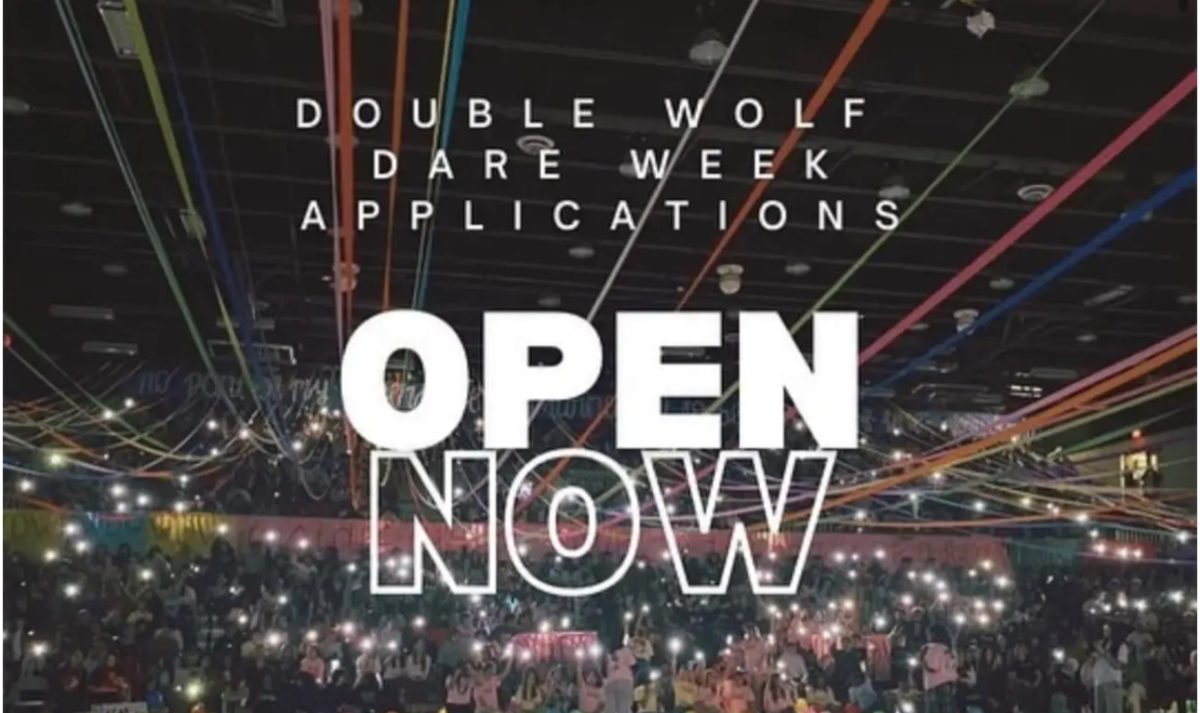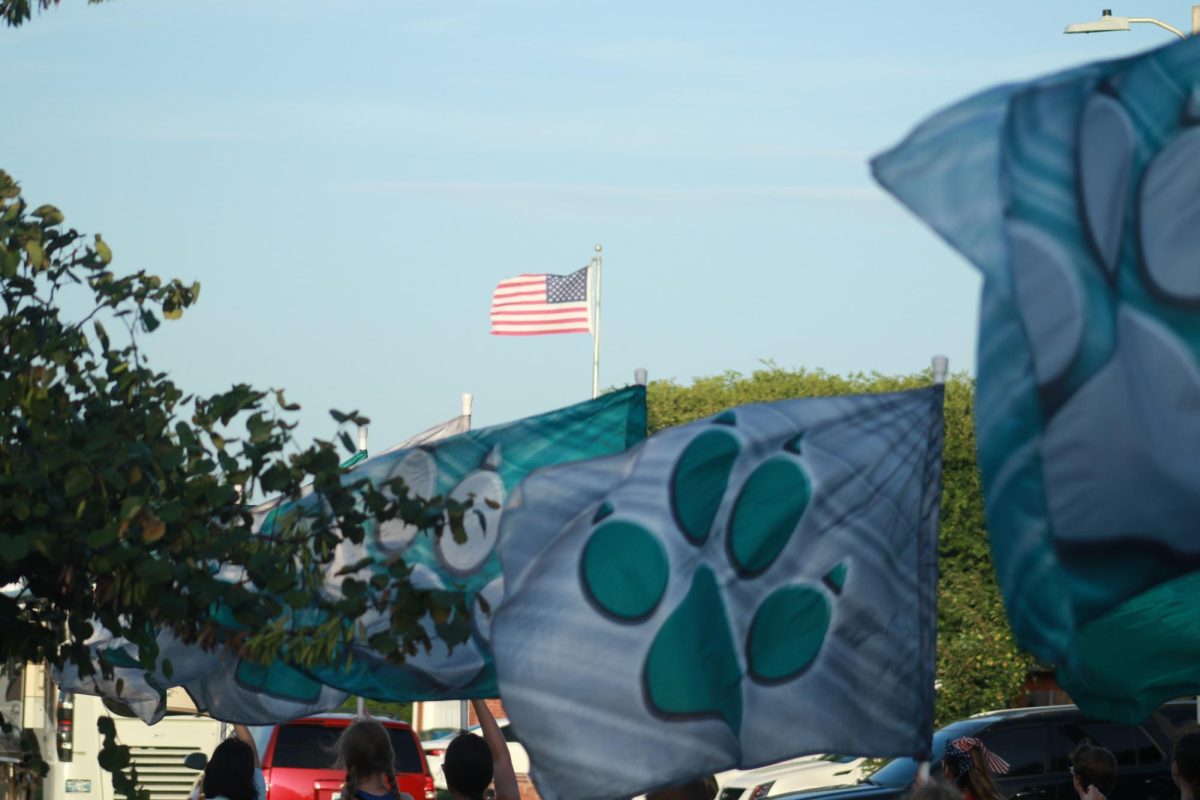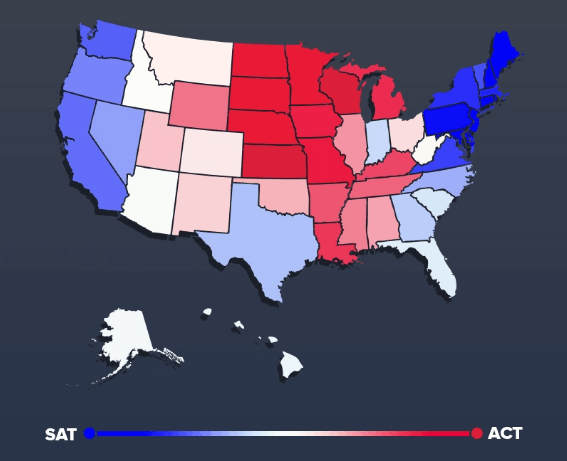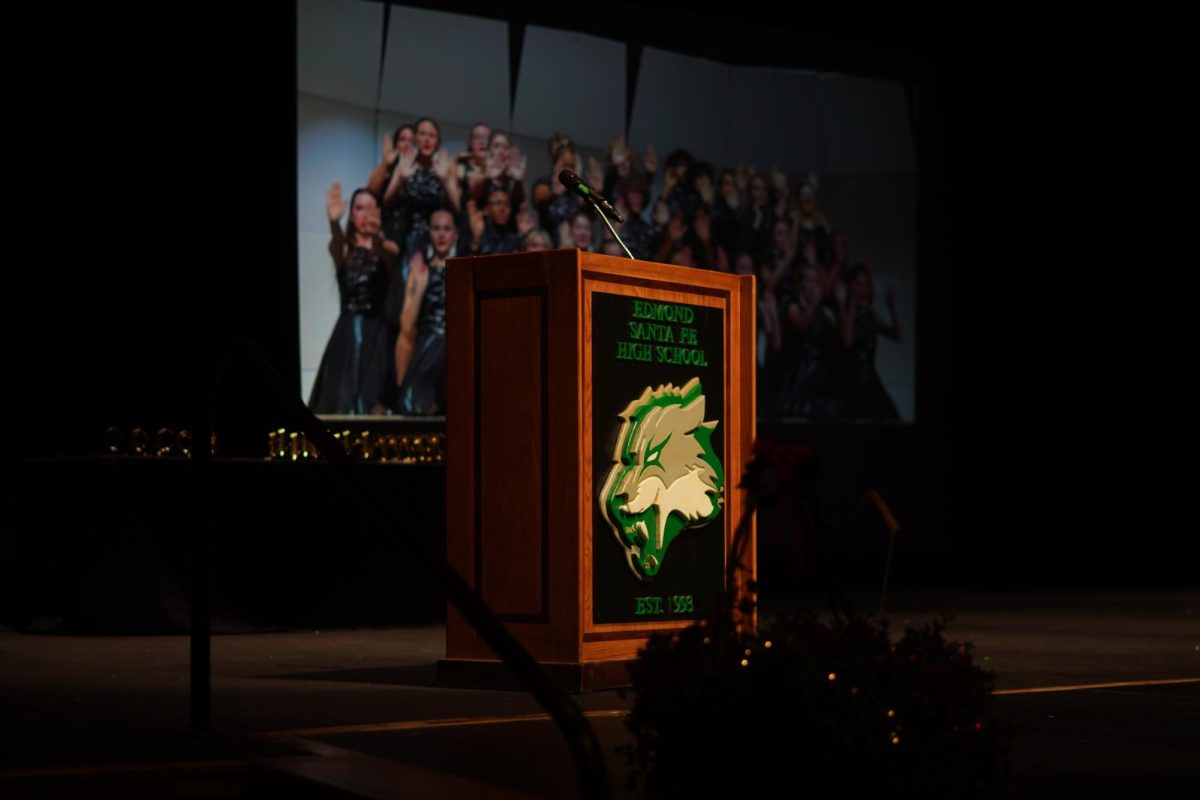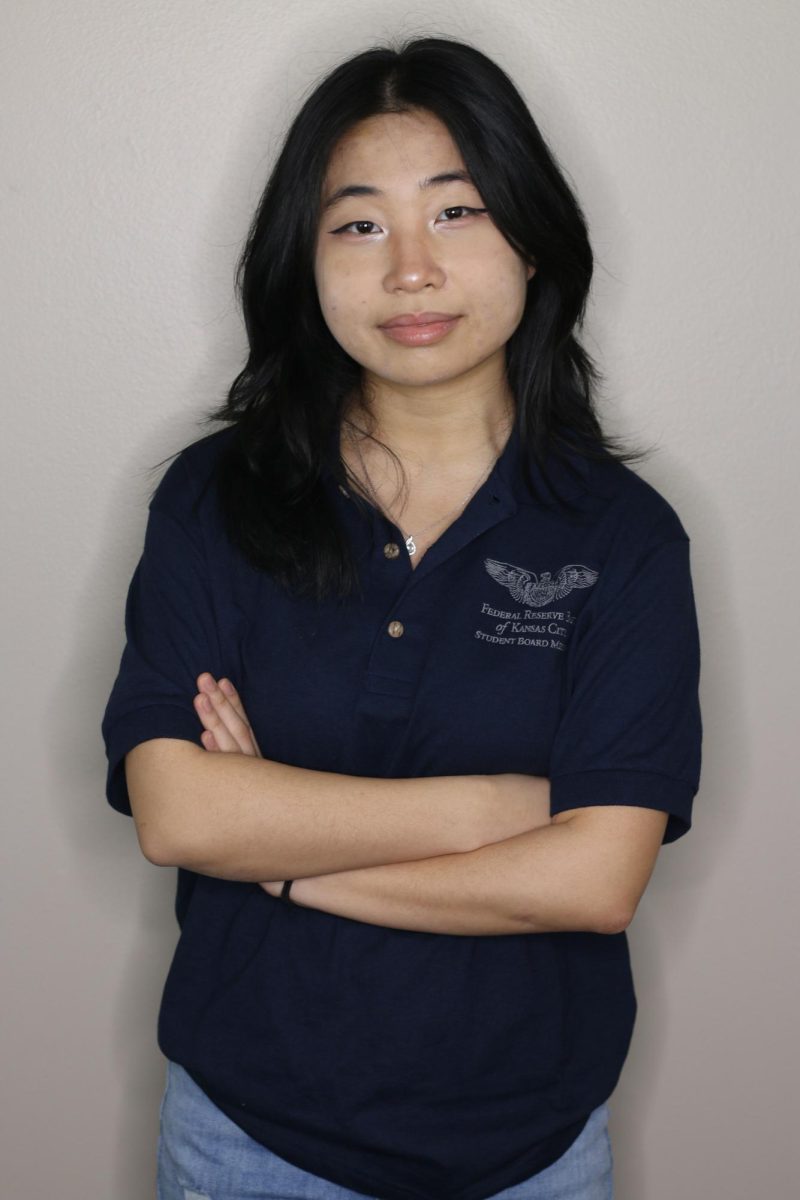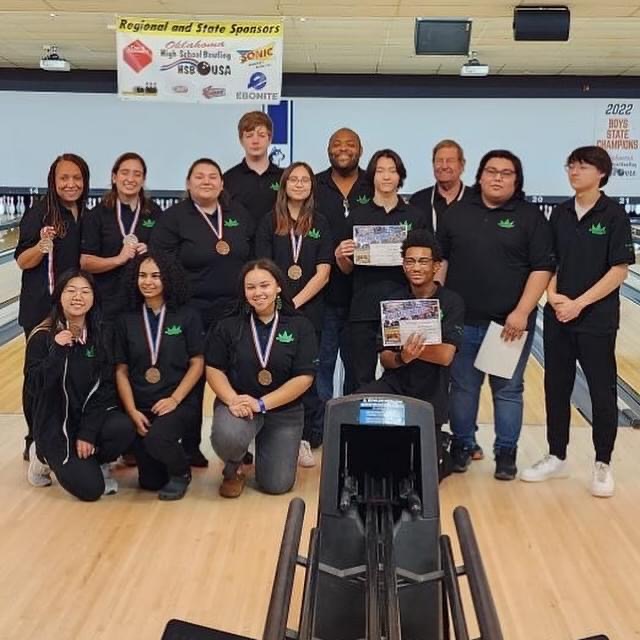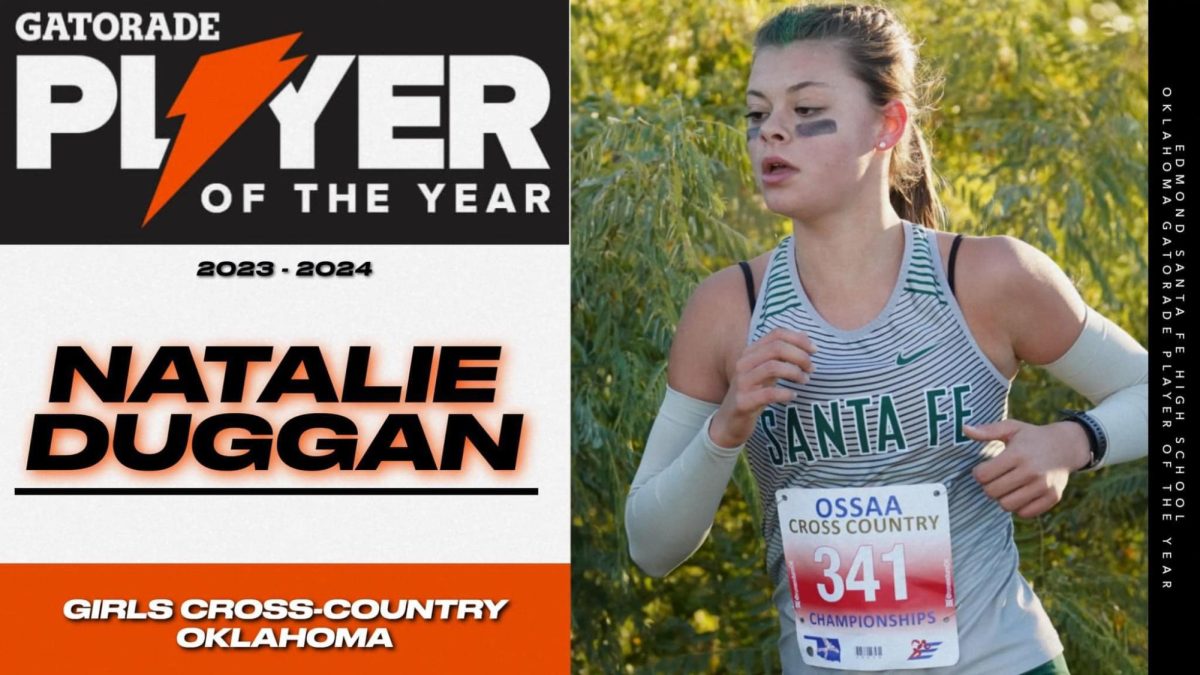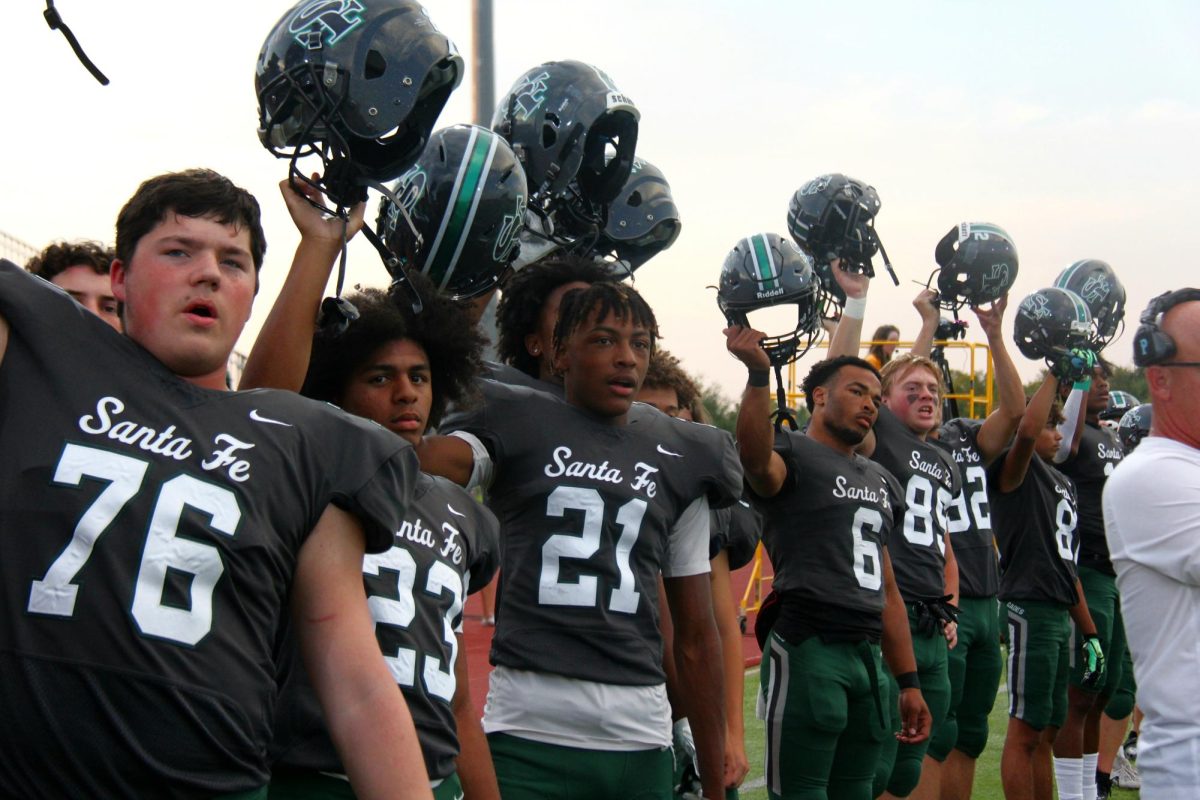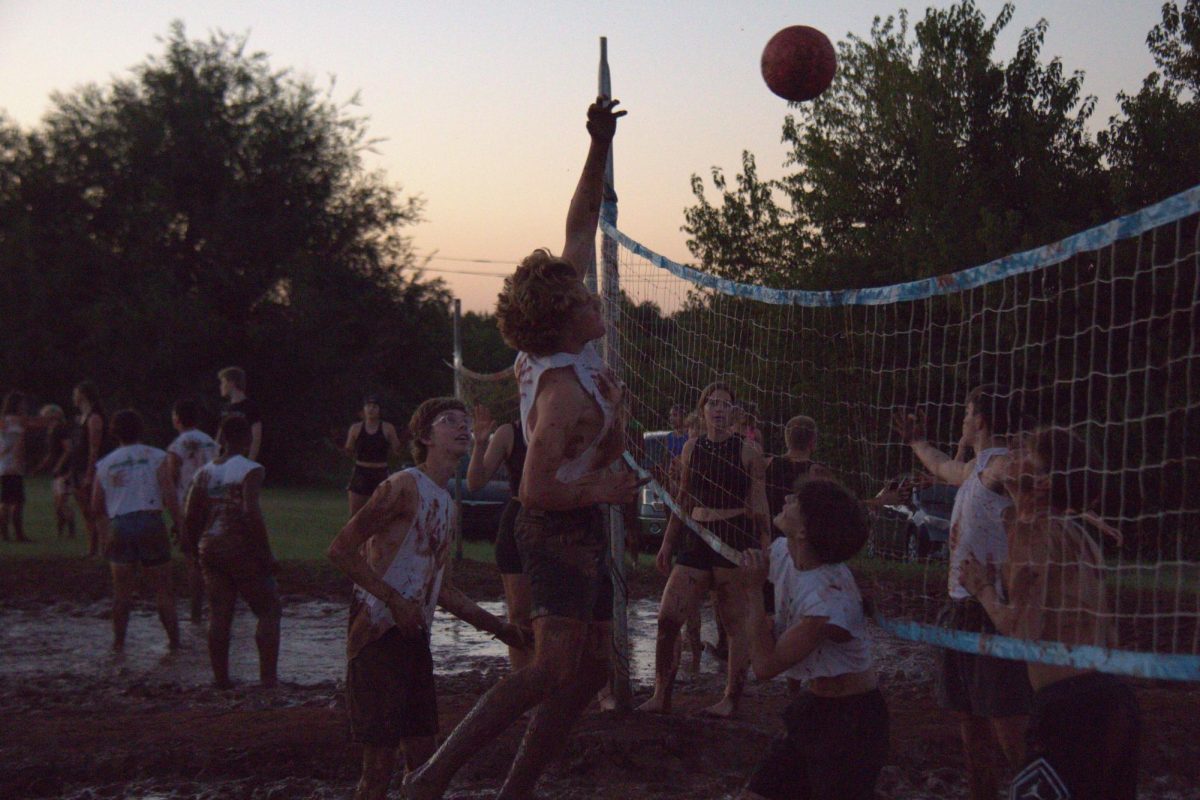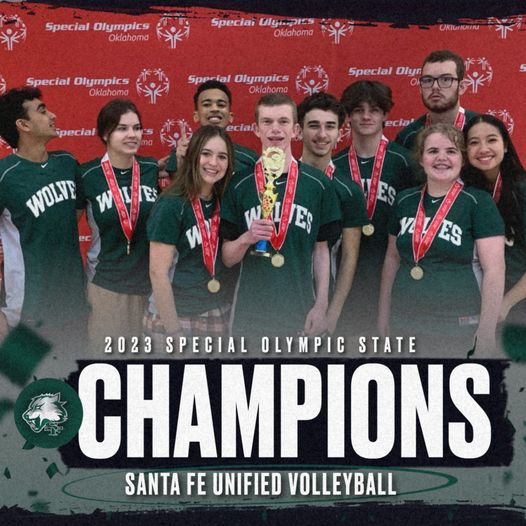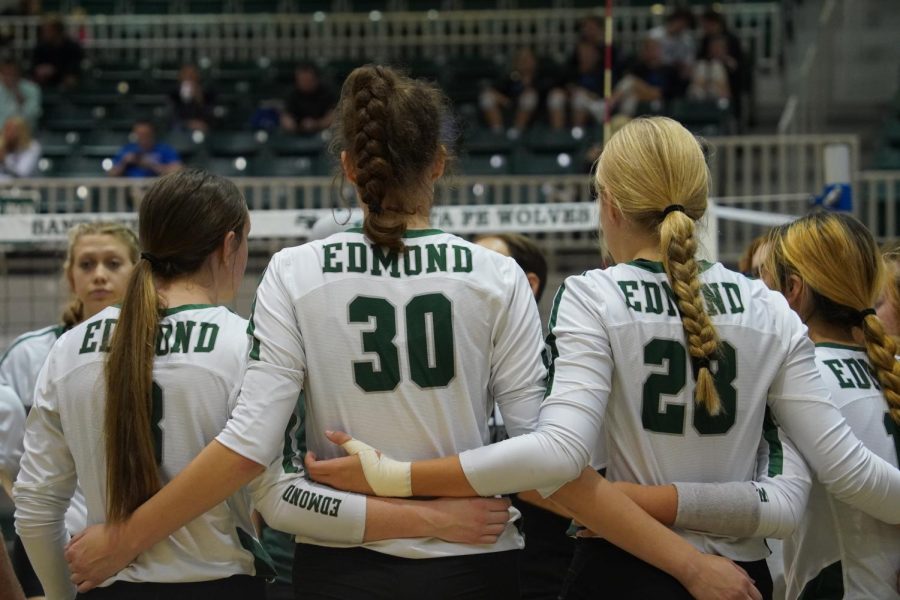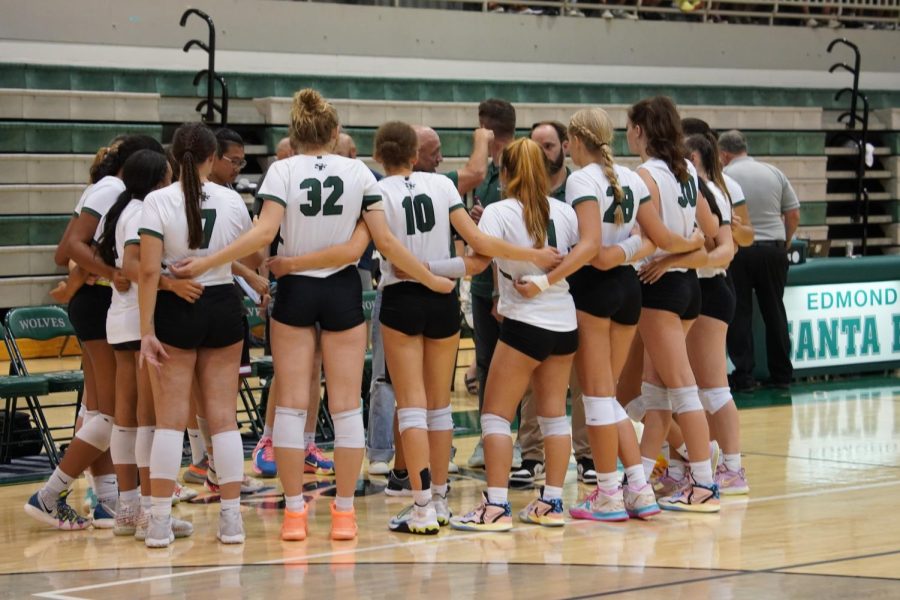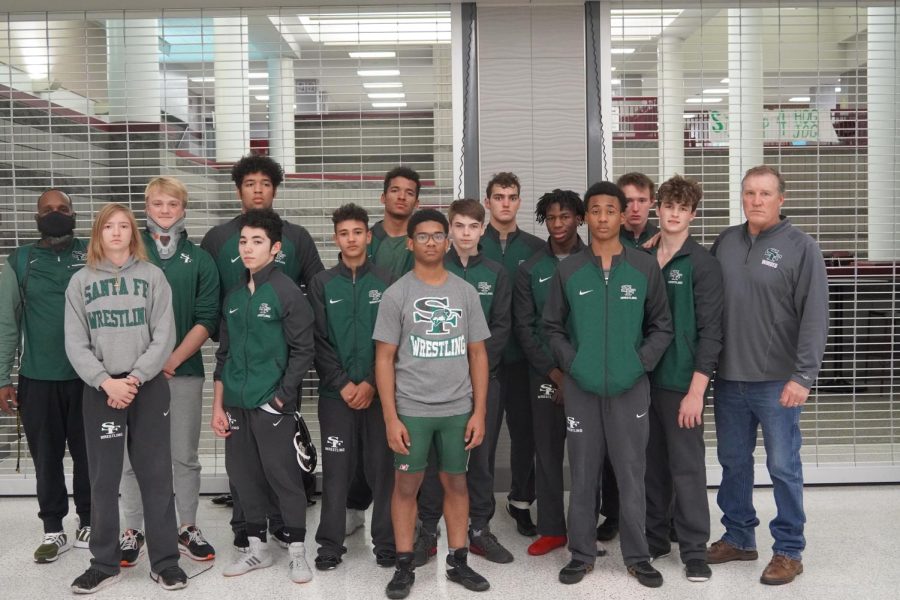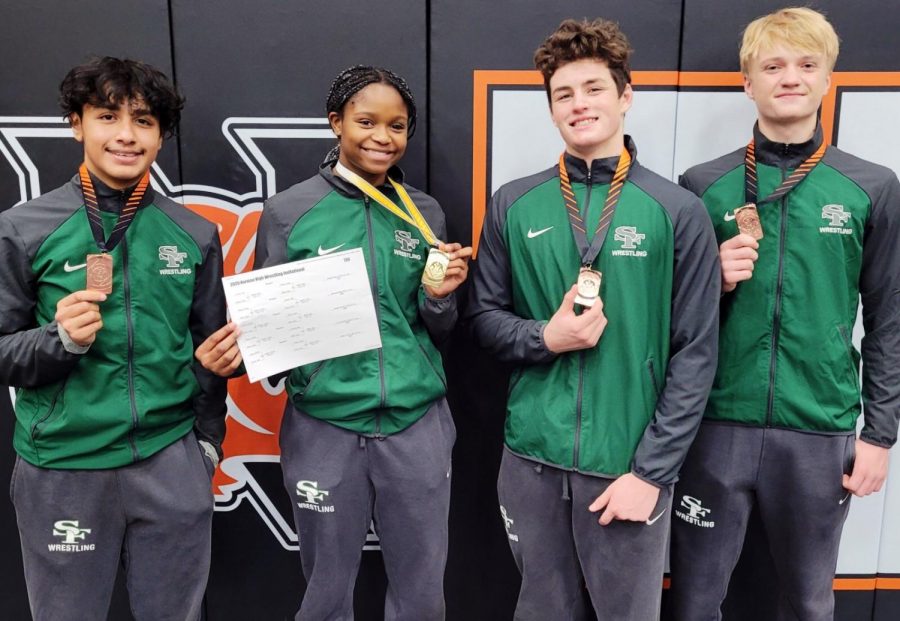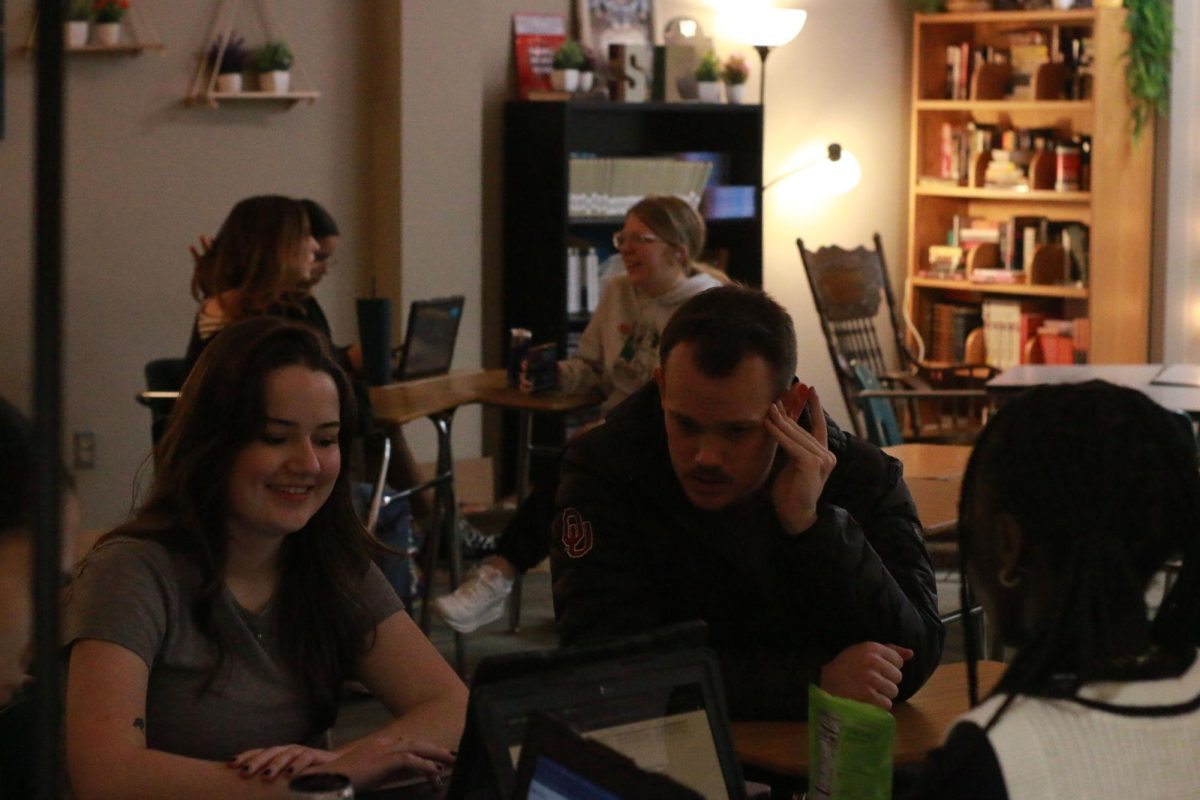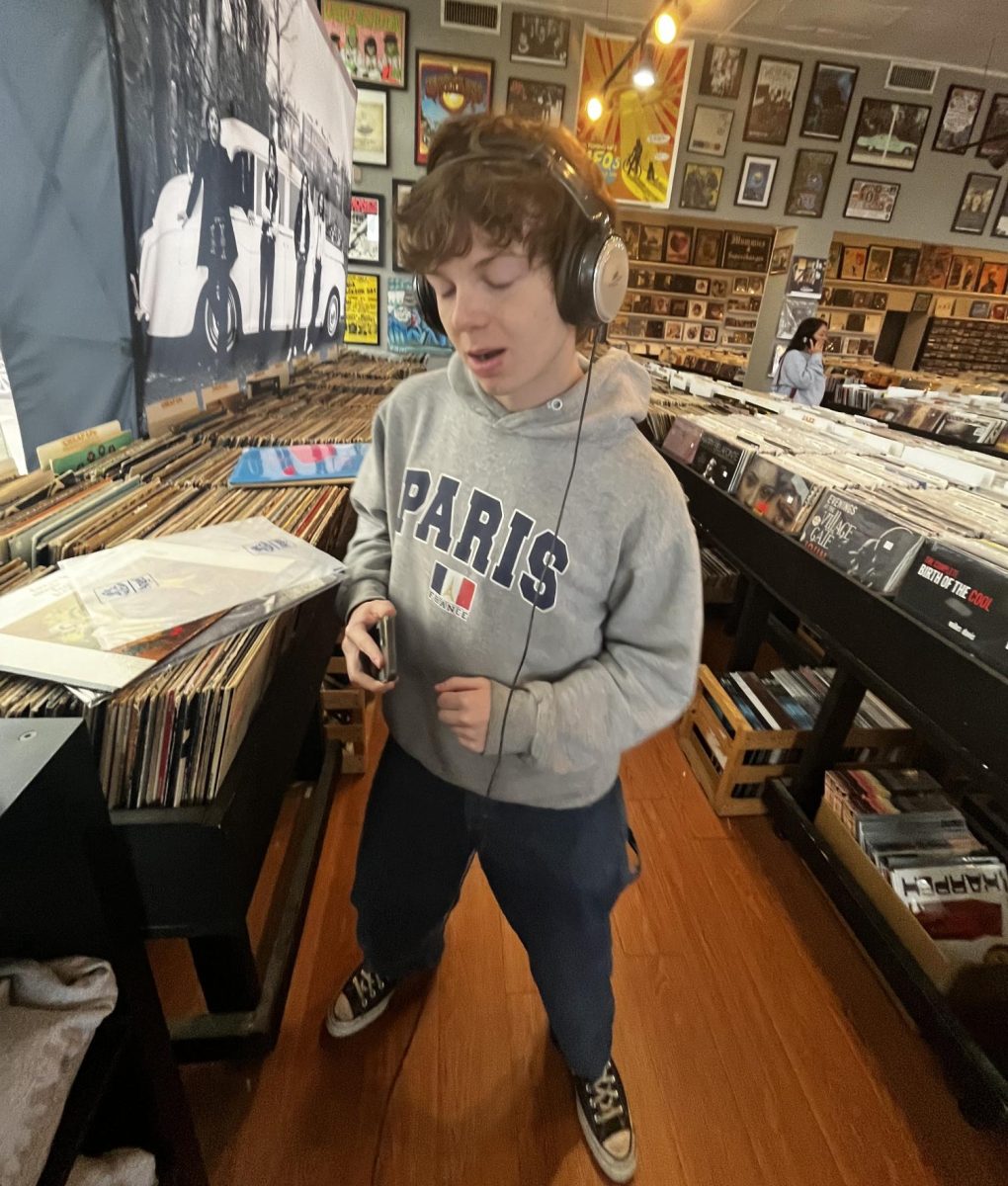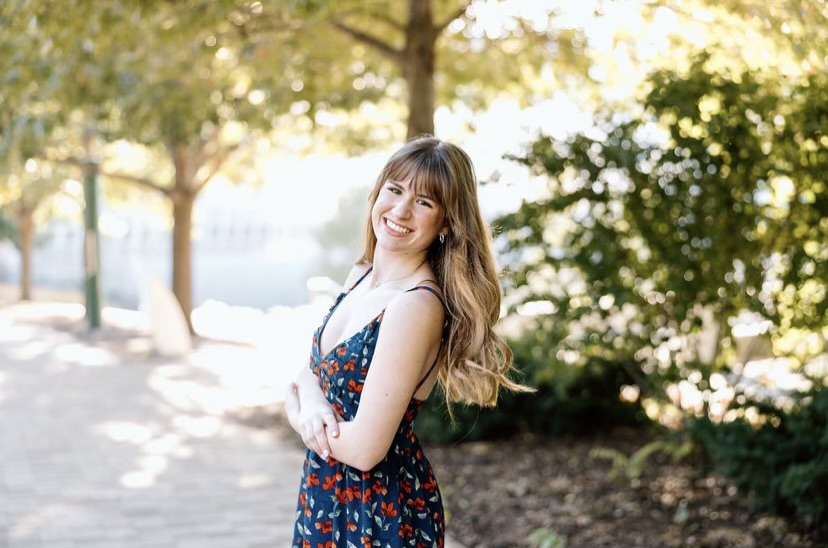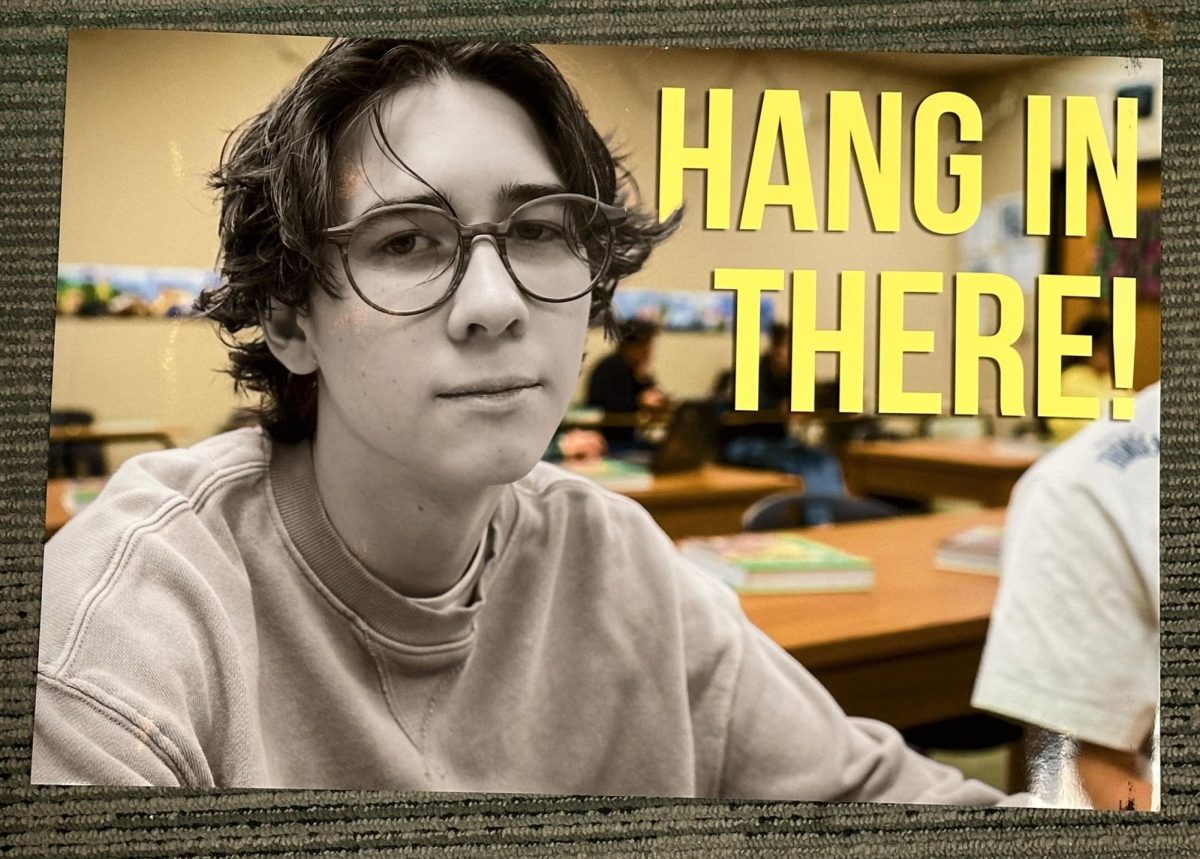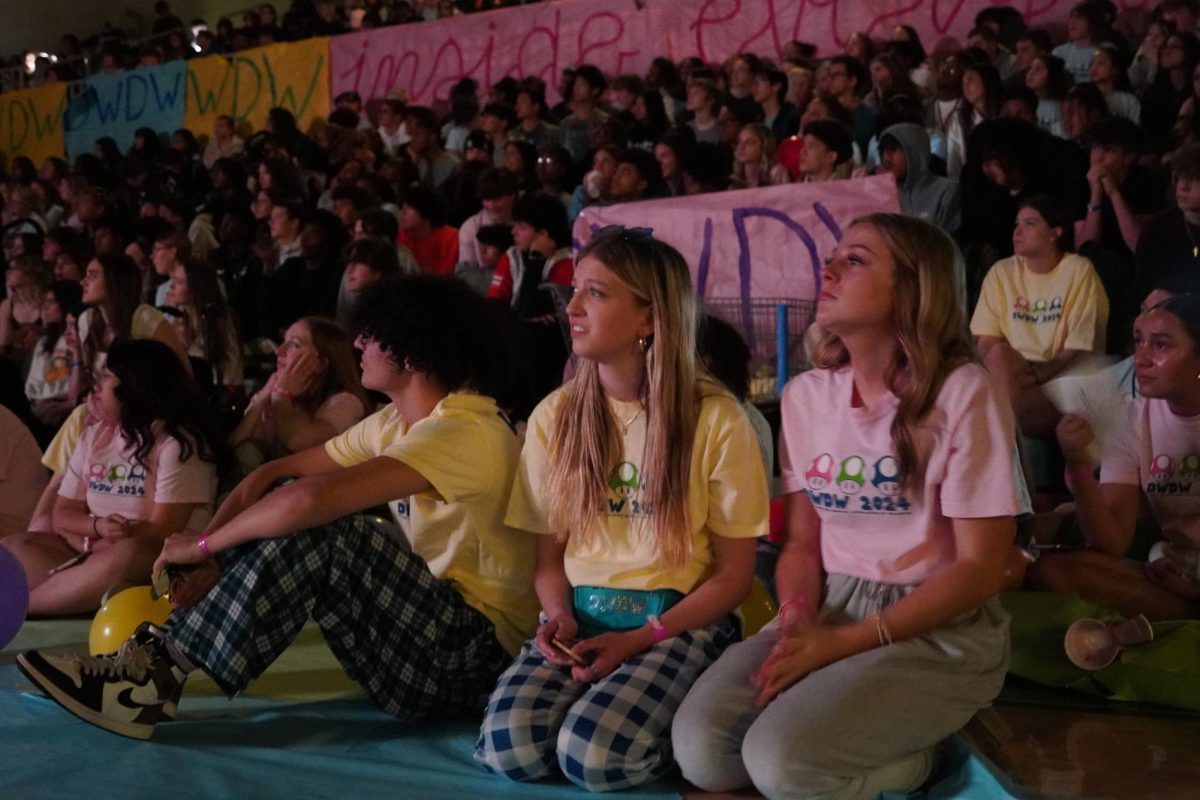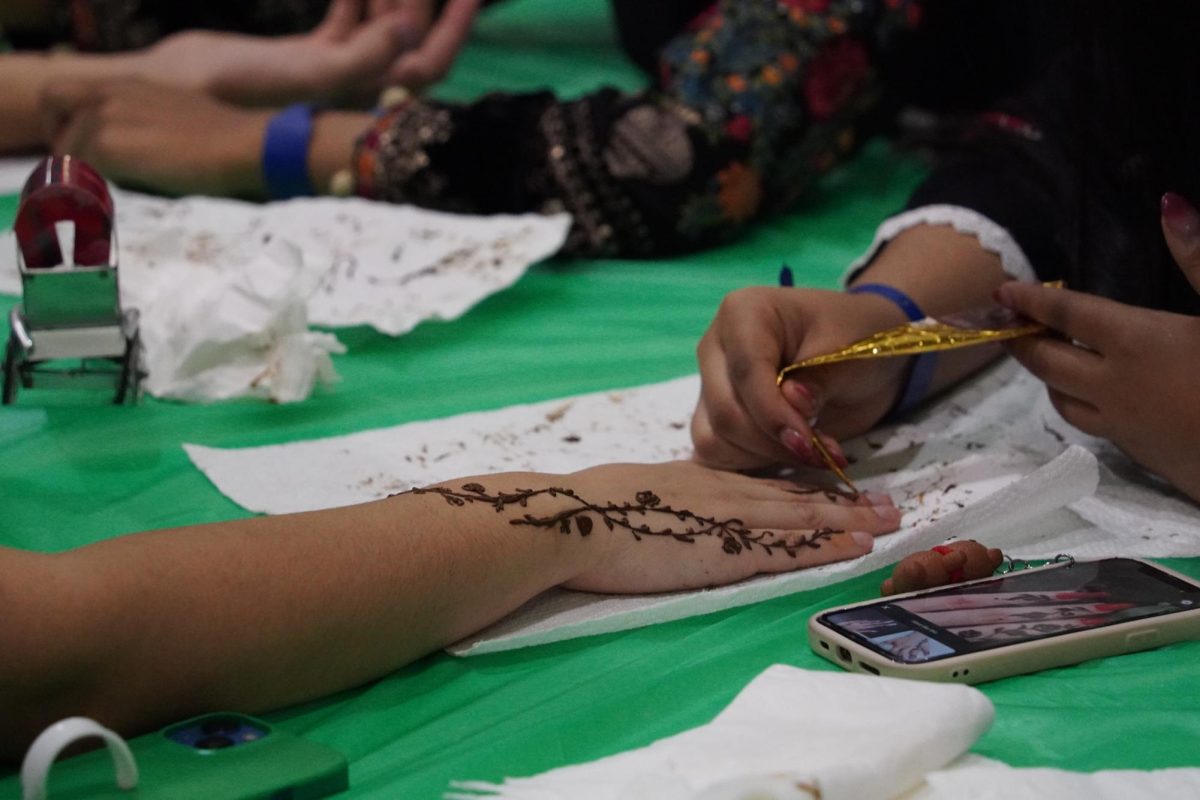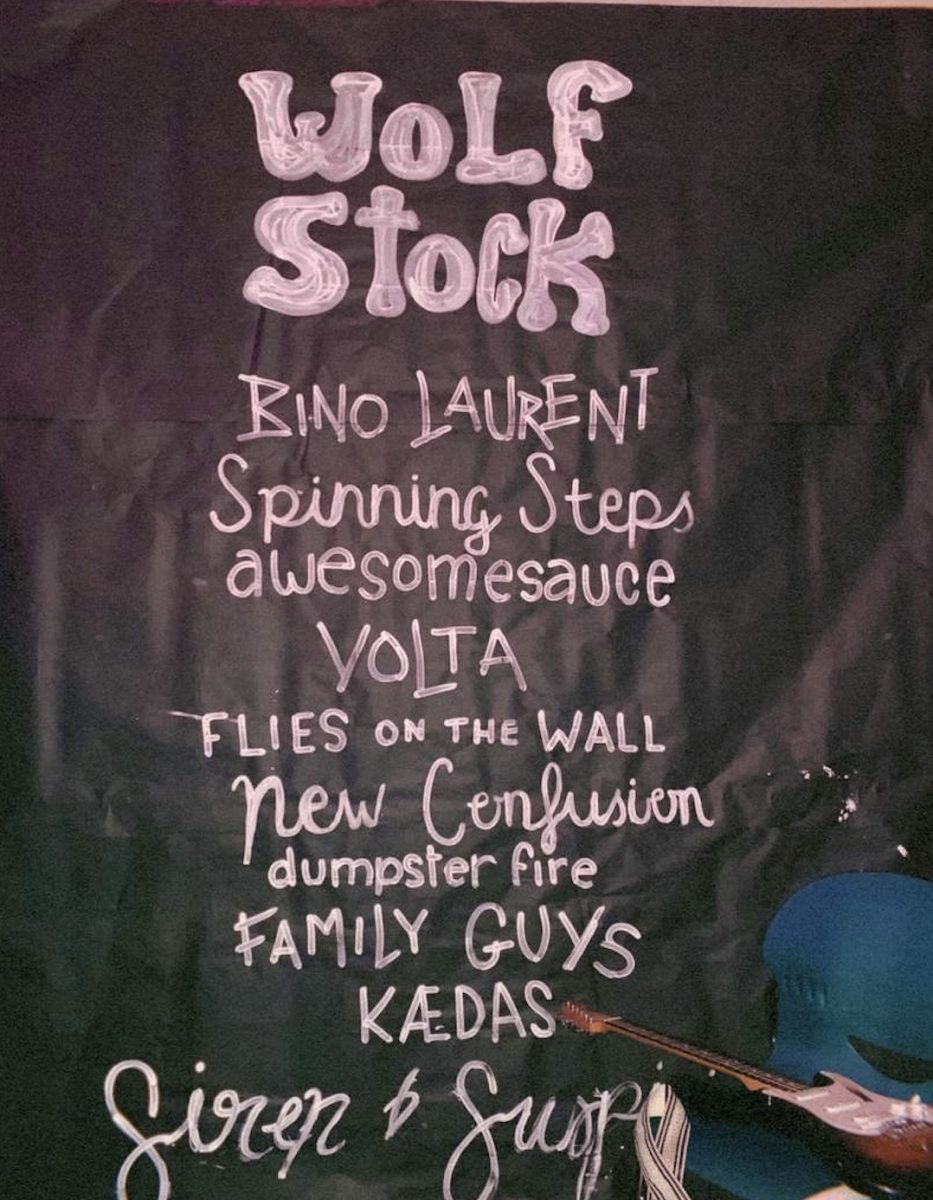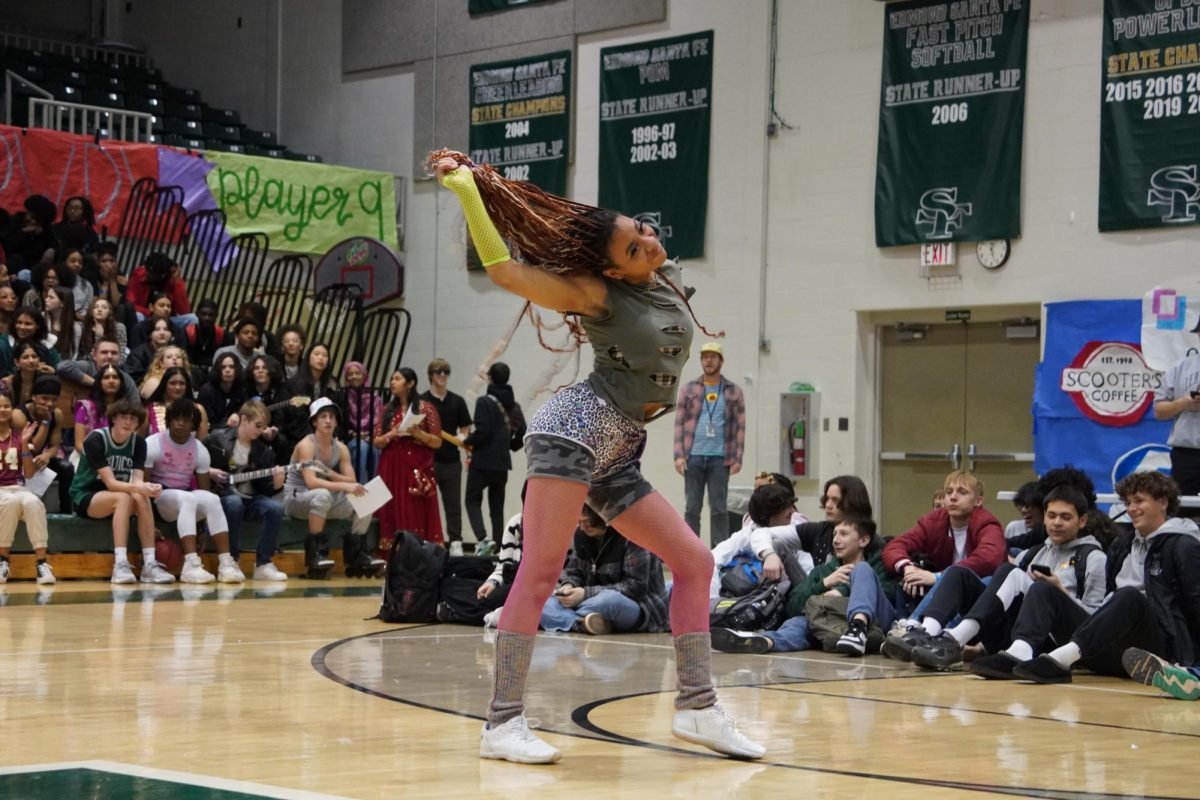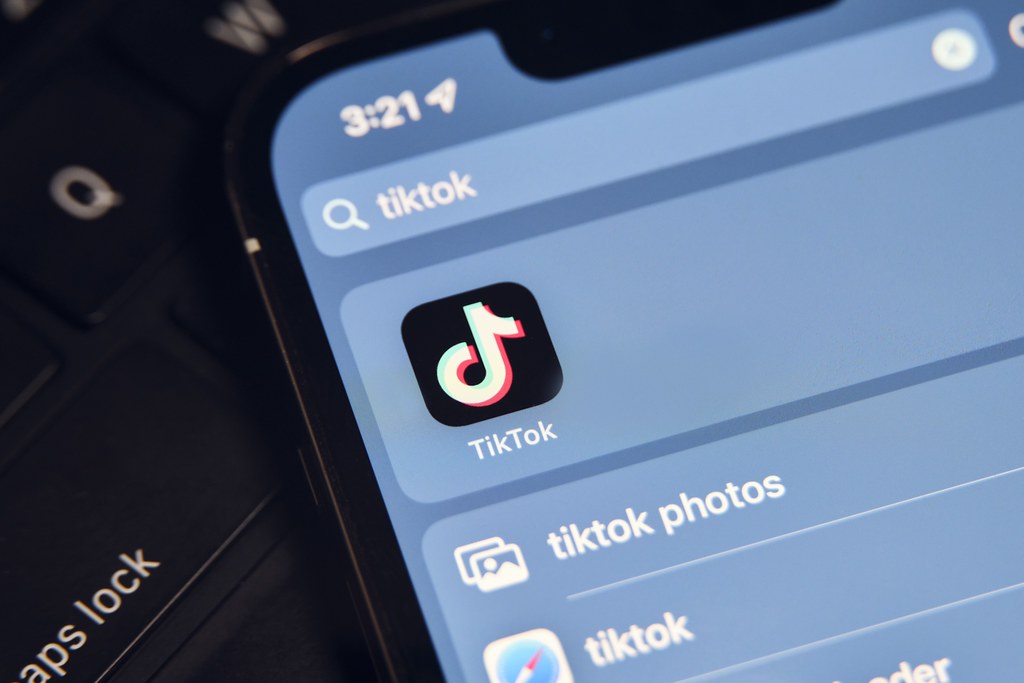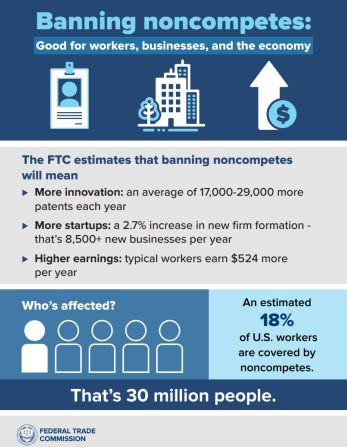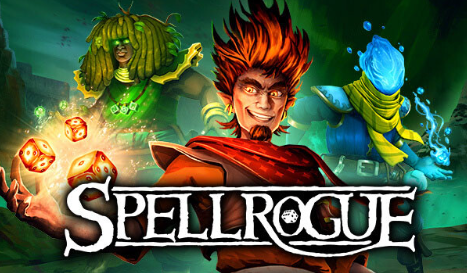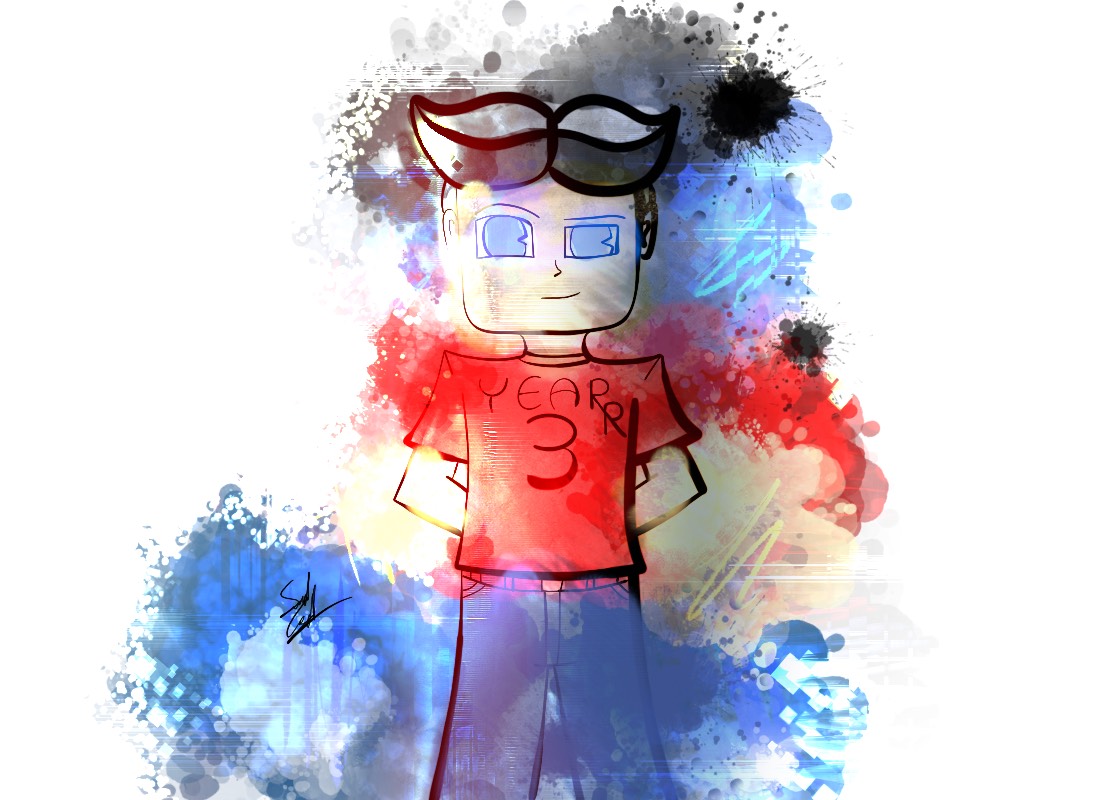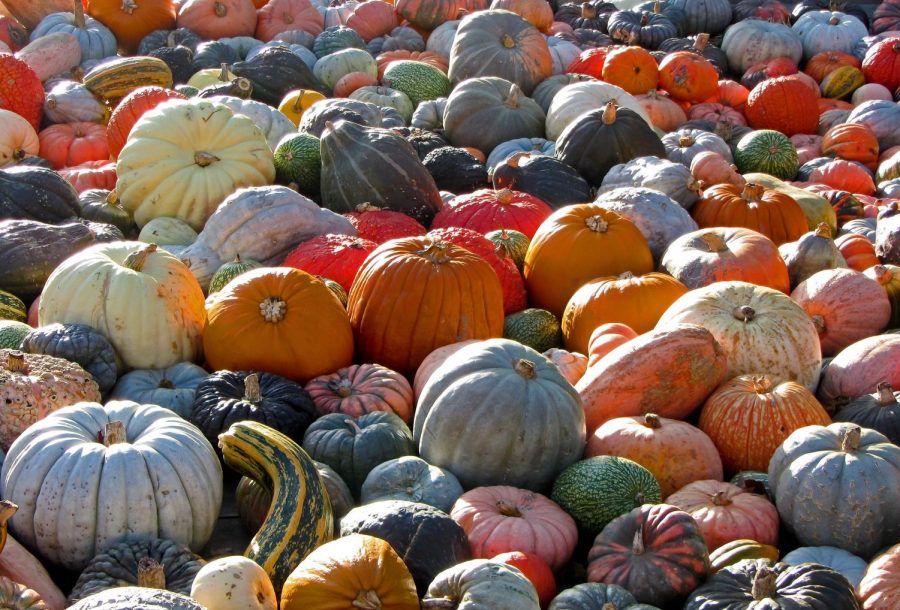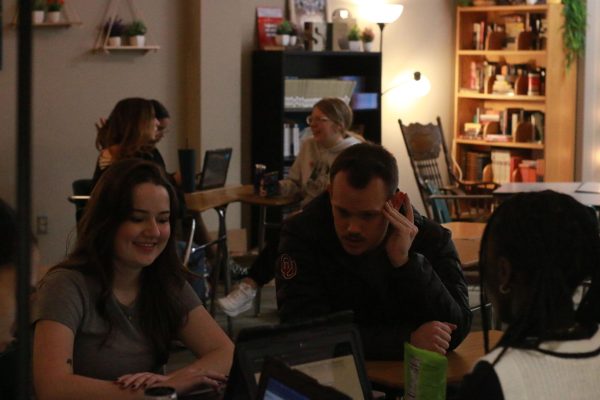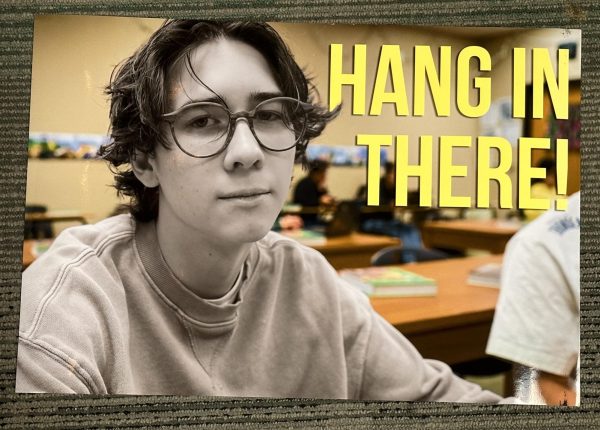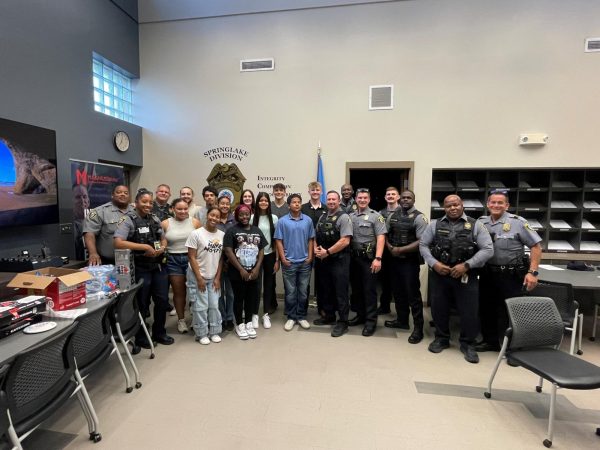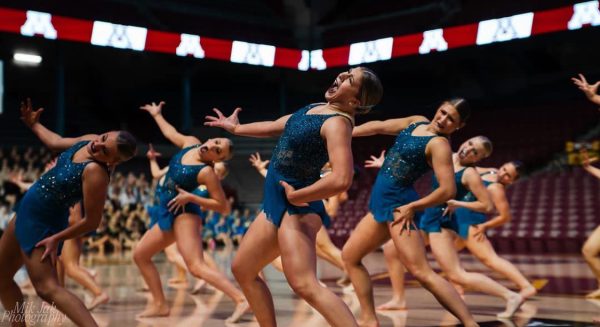The effect of Thanksgiving on Indigenous People
November 15, 2021
Many aspects of cultural insensitivity have become a discussion topic within recent years, which has prompted the question: How can we respectfully celebrate Thanksgiving without completely westernizing and romanticizing the idea of it?
Reflecting back on Thanksgiving, as someone who now has knowledge of the impact that this holiday has on indigenous and Native Americans lives, I can find many offensive and inappropriate things that were taught to me through school. From paper headbands mocking headdresses/warbonnets in kindergarten, to having a ‘Pow-Wow’ that wasn’t performed in a respectful manner to say the least. These unfitting and inapt colonizations of Native American culture are hardly skimming the surface of how Native American culture is misrepresented, especially around Thanksgiving.
To begin with, Thanksgiving is already a westernized version of an indigenous celebration. Dennis Zotigh, an indigenous writer for the Smithsonian, explains that ‘Thanksgiving’ already existed.
“The Pilgrims did not introduce the concept of thanksgiving; the New England tribes already had autumn harvest feasts of thanksgiving,” Zotigh said.
So, not only is a celebration of unity being incorrectly celebrated, it’s also being falsely claimed as original. Depending on personal or tribal beliefs, celebration or lack thereof, really depends on the person or family themselves. Some families and individuals choose to celebrate in the traditional westernized manner, while others celebrate in an indigenous fashion centered around native stories, food and traditions.
However, Thanksgiving, for most indigenous tribes, is a day of mourning. Thanksgiving serves as reminder not only of the colonization and the theft of their culture, but also a reminder of the gruesome genocide that occured. Due to that, many indigenous people have chosen to partake in a National Day of Mourning.
Indigenous people will gather at Cole’s Hill (A set place in Plymouth), and commemorate the lost lives and struggles of indigenous people.
“It is a day of remembrance and spiritual connection as well as a protest of the racism and oppression which Native Americans continue to experience,” says the official website Read the Plaque.
Here are a few ways you can decolonize and celebrate indigenous people this Thanksgiving: You can dish up different varieties of food, and expand your palate through indigenous foods such as jollof rice, fry bread, masa polenta, or roasted squash. You can also work to expand your film experience by adding ‘Dawnland’, ‘Our Sisters in Spirit’, or any other Native American/Alaskan Native movie provided here.
However you choose to celebrate Thanksgiving this season, you should keep in mind that we wouldn’t be where we are today without the influence of indigenous people.
